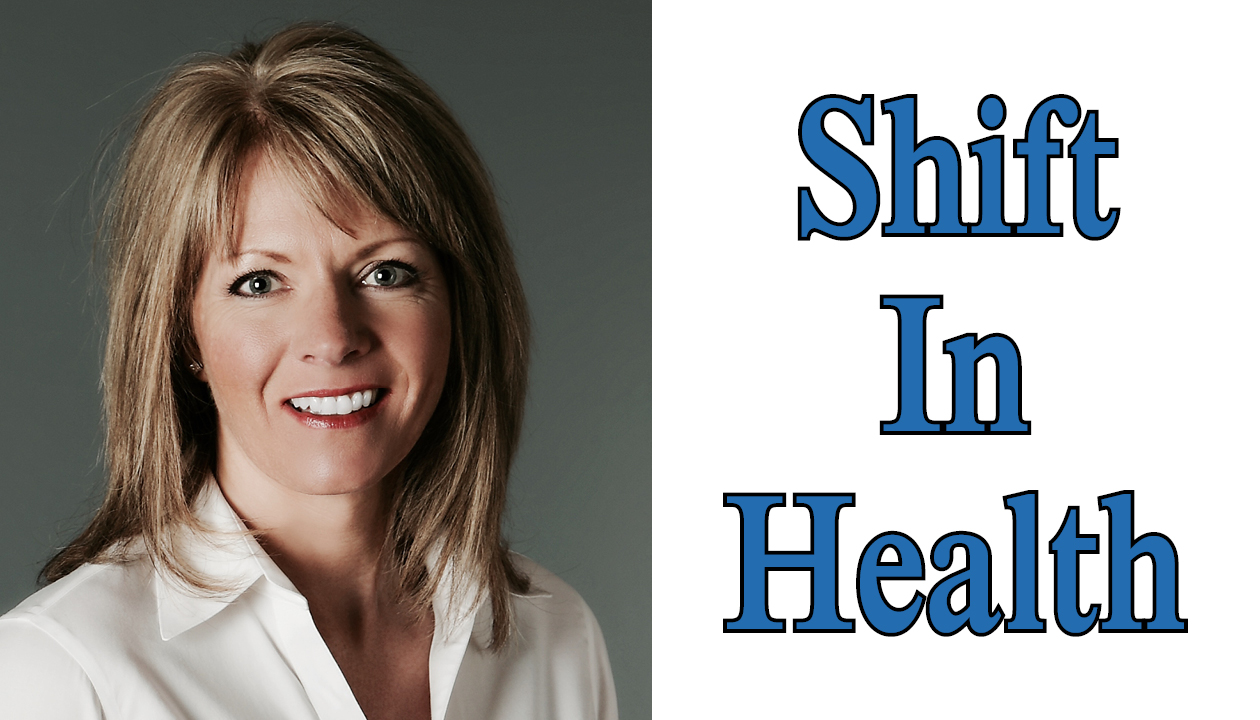Vitamin D – the ‘sunshine vitamin’

Do you know whether you are getting enough?
BY WENDY HENRICHS
Board Certified Chiropractic Pediatrician and nutrition counselor
The daylight has started to dwindle in the Northwoods as has the ability to get our daily dose of Vitamin D. Vitamin D is also known as the “sunshine vitamin,” because it is made in the skin that has been exposed to sunlight. It is a fat-soluble vitamin and is therefore stored in the body. Vitamin D is the only vitamin the body produces and the only vitamin converted into a hormone. It has been estimated that 50 percent of the population worldwide has Vitamin D insufficiency. Unless you’re spending all your time at the beach, eating 30 ounces of wild salmon a day, or downing 5 tablespoons of cod liver oil a day, supplementing with vitamin D is something to consider. The exact amount needed to get your blood levels to the optimal range (100 to160 nmol/L) will vary depending on your age, how far north you live, how much time you spend in the sun, and even the time of the year. But once you reach optimal levels, you’ll be amazed at the results. Vitamin D deficiency results in abnormal calcium, phosphorus and bone metabolism. There are numerous studies associating Vitamin D with decreasing the risk of certain cancers, heart disease, Type II diabetes, dementia, cognitive impairment, fractures and fall prevention, Type A influenza, high blood pressure, as well as decreasing joint and muscle pain and increasing strength and speed.
If you are wondering whether or not to supplement with Vitamin D3 or if you are deficient, then see your doctor and get tested for 25 OH vitamin D. If you decide that you want to supplement with Vitamin D, it is important to take the right type of vitamin D. The only active form of vitamin D is vitamin D3-cholecalciferol, so look for this type. Many vitamins and prescriptions of vitamin D have vitamin D2 which is not biologically active.
The Endocrine Society of Clinical Practice (ESCP) suggests the following maintenance doses of vitamin D:
• 1,000 IU/d for infants up to 6 months,
• 1,500 IU/d for infants from 6 months to 1 year
• 2,500 IU/d for children aged 1–3 years
• 3,000 IU/d for children aged 4–8 years
• 4,000 IU/d for everyone over 8 years
For those with Vitamin D deficiency, higher levels may be needed to correct the deficiency as follows:
• 2,000 IU/d for children 0–1 year
• 4,000 IU/d for children 1–18 years
• 10,000 IU/d for children and adults 19 years
If you are deficient in Vitamin D you should take the corrective dose of vitamin D3 once a day for three months, but only under a doctor’s supervision. Have your doctor monitor your vitamin D status until you are in the optimal range. If you are taking high doses (10,000 IU a day) your doctor will also check your calcium, phosphorous, and parathyroid hormone levels every three months. It takes up to six to 10 months to “fill up the tank” for vitamin D if you’re deficient. Once this occurs, you can lower the dose to the maintenance dose of 4,000-5,000 IU of Vitamin D3 per day. Some people may need higher doses over the long run to maintain optimal levels because of differences in vitamin D receptors, living in northern latitudes, indoor living, use of sunscreen, or skin color.
Even if you are supplementing, some of your daily needed Vitamin D can be received from the following foods:
• Fish liver oils, such as cod liver oil. One tablespoon (15 ml) = 1,360 IU of vitamin D
• Cooked wild salmon. (3.5) ounces = 360 IU of vitamin D
• Cooked wild mackerel. (3.5) ounces = 345 IU of vitamin D
• Wild Sardines, canned in oil, drained. (1.75) ounces = 250 IU of vitamin D
• One whole egg = (20) IU of vitamin D
Vitamin D has numerous health benefits in addition to normal bone metabolism and should be considered as part of your daily health regime along with clean eating, regular exercise and positive thinking. Get tested today to see if you need a corrective or maintenance dose of Vitamin D and feel the sunshine from within.
Dr. Wendy Henrichs is a board certified chiropractor and nutrition counselor at Timber Land Chiropractic in Rhinelander. For a complimentary chiropractic, nutrition or lifestyle counseling consultation, visit TimberlandChiropractic.com, Facebook, or call 715-362-4852.
Leave a reply
You must be logged in to post a comment.

